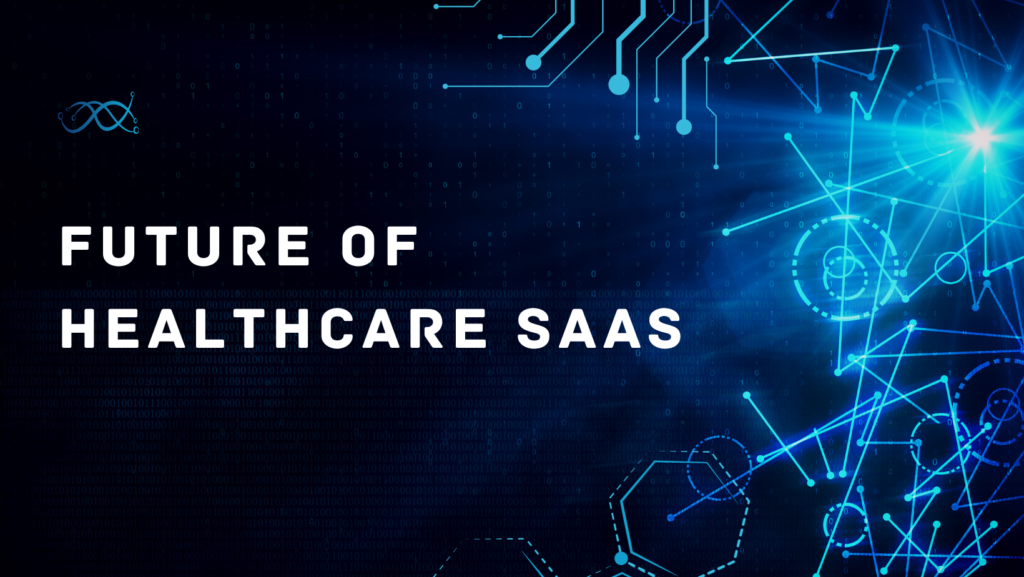The healthcare arena is filled with patient data, ready to be utilized for the well-being of individuals and communities. Artificial intelligence (AI) emerges as a potent instrument in this pursuit, facilitating the analysis of extensive datasets to anticipate health risks and enable timely intervention. This article explores the transformative possibilities of AI in predicting health risks, emphasizing its advantages, applications, and considerations for those involved in healthcare.
Unlocking Insights from Data Mountains:
Traditional risk assessment methods often rely on limited data points and subjective interpretations. AI, however, can analyze enormous datasets from electronic health records, wearable devices, and various other sources, revealing hidden patterns and trends. This comprehensive analysis empowers healthcare professionals to:
- Identify Individuals at Risk: AI algorithms can pinpoint individuals with a higher susceptibility to developing specific diseases or complications, even in the absence of overt symptoms.
- Predict Disease Onset: Early detection is crucial for effective treatment. AI models can predict the potential onset of illnesses like heart disease, diabetes, or certain cancers, offering a critical window for preventive measures.
- Personalize Interventions: By considering individual health profiles and risk factors, AI can inform personalized care plans, targeting interventions to maximize effectiveness and minimize side effects.
Application Areas and Examples:
The reach of AI-driven risk prediction extends across various medical fields:
- Cardiology: Identifying individuals at risk of heart attacks or strokes allows for preventive measures like medication adjustments or lifestyle changes.
- Oncology: Predicting cancer risks based on genetic and lifestyle factors enables early detection and personalized treatment strategies.
- Chronic Disease Management: AI can predict potential complications in patients with chronic conditions like diabetes or asthma, prompting proactive interventions.
- Mental Well-being: Timely identification of conditions such as depression or anxiety is essential. AI has the capability to examine social media engagement or linguistic patterns to recognize individuals at a higher risk.
Challenges and Considerations:
While AI offers immense potential, ethical and practical considerations need to be addressed:
- Data Privacy and Security: Robust measures are essential to protect sensitive patient data and ensure responsible AI development and deployment.
- Algorithmic Bias: AI models should be carefully designed and evaluated to avoid biases that could exacerbate existing healthcare disparities.
- Ethical Implications: Transparency and accountability are crucial to ensure AI aligns with ethical values and respects patient autonomy.
- Integration with Existing Systems: Seamless integration of AI solutions with existing healthcare IT infrastructure is vital for seamless adoption and data flow.
Digiatto IT Services: Your Partner in AI-Powered Healthcare Solutions:
Digiatto IT Services understands the transformative potential of AI in healthcare and is committed to helping businesses and healthcare providers leverage this technology responsibly. Digiatto IT Services offers web development services and mobile app development services tailored to the specific needs of the healthcare industry:
- Secure and HIPAA-compliant AI solutions: Ensuring patient data privacy and security at every step.
- Custom AI models for specific risk prediction needs: Develop AI models tailored to your target population and health concerns.
- Seamless integration with existing healthcare IT systems: Enabling smooth data flow and enhanced information accessibility.
- Responsible AI development practices: Adhering to ethical guidelines and mitigating potential biases.
AI-powered risk prediction holds immense potential to revolutionize healthcare by enabling early intervention and personalized care. By partnering with Digiatto IT Services, you can access expertise in responsible AI development and build solutions that unlock the power of patient data to improve individual health outcomes and create a healthier future for all. Let’s work together to leverage AI for good, where technology serves as a powerful tool for prevention, early detection, and personalized care delivery.


